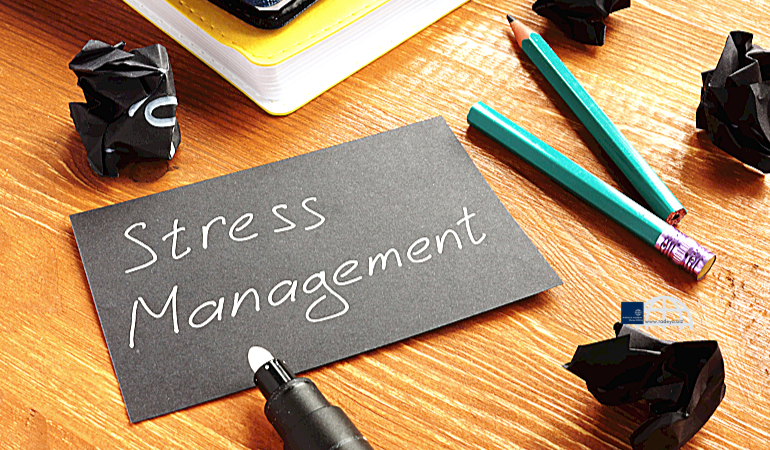Not every job you take will be ideal.
A job or work environment may bring some form of stress. And there may be differing levels of stress.
Some causes of a stressful work environment are:
- Uncooperative or difficult coworkers or management.
- Difficult customers.
- Insufficient pay for your skill level or expertise.
- Unchallenging or unsatisfactory work.
- Inconvenient workspace such as a small office, noisy area, dangerous location, etc.
- Other indirect factors such as long commute time or excessive traffic, high cost of living, etc.
Levels of Stress
Levels of stress can be placed on a spectrum from mild to very high and intolerable. How you deal with a stressful situation depends on the level of stress, your tolerance level, and the time period.
The high / toxic / intolerable stress conditions should not be tolerated at all, even for short periods of time.
It’s best to get out of high stress situations immediately. This is because the consequences of a toxic work situation can be long term damage to mental health and confidence as well as skill and work ability. 
Lower stress situations may be tolerated for a time while you seek opportunities to change your work situation. For example, you might tolerate long commute times or traffic jams to and from work. However, two points are important:
1) these too should not be accepted as the normal way of doing things. Instead, think of them as unacceptable and create a plan for exiting the situation.
2) If a situation becomes unbearable or is affecting your mental health, exit immediately.
Here are tips to avoid a stressful or harmful work environment:
1. Know your worth and set limits. Decide what is unacceptable to you and don’t accept anything that crosses that boundary.
2. Be assertive. Assertiveness is different from aggressiveness. Assertiveness in fact helps prevent aggressive behavior because it helps prevent provocative situations from developing and gives you a sense of control. Assertiveness helps set boundaries that others can’t cross. To be assertive, put a stop to disturbing situations at the first happening by letting others know a certain situation or behavior is unacceptable to you and you will not tolerate it.
“Assertiveness in fact helps prevent aggressive behavior because it helps prevent provocative situations from developing and gives you a sense of control.”
3. If a situation is getting out of hand, take steps to put a stop to it. This can include speaking to your manager or responsible HR officer; speaking to coworkers to get their help and support; speaking to an authority authorized to deal with such situations such as workers’ unions or a government department; whistleblowing; or resigning from the job or asking to be transferred to another department or branch.
Finally, remember that no job is more important than your well-being. If a situation is unacceptable, it’s your responsibility to you to remove yourself from it.
“Remember that no job is more important than your well-being.”
To summarize,
- Know your self worth and rights.
- Set limits and be assertive.
- Know when to call it quits. Take action when needed to protect your well-being.


